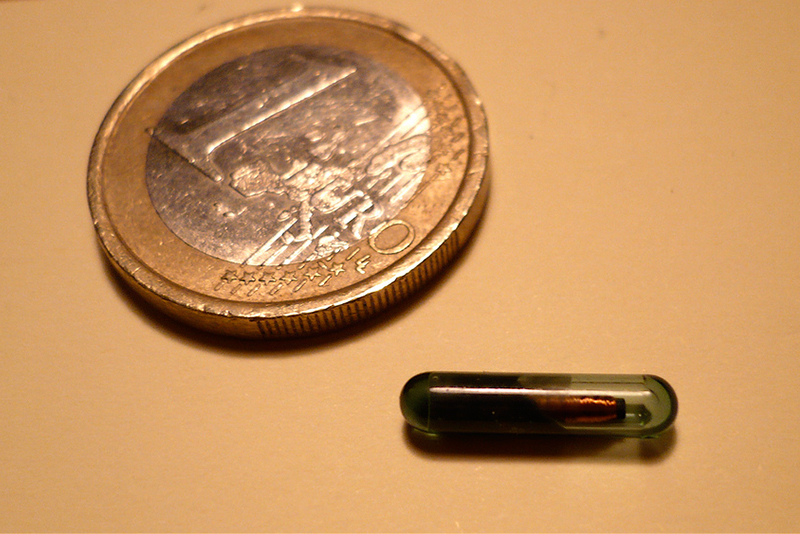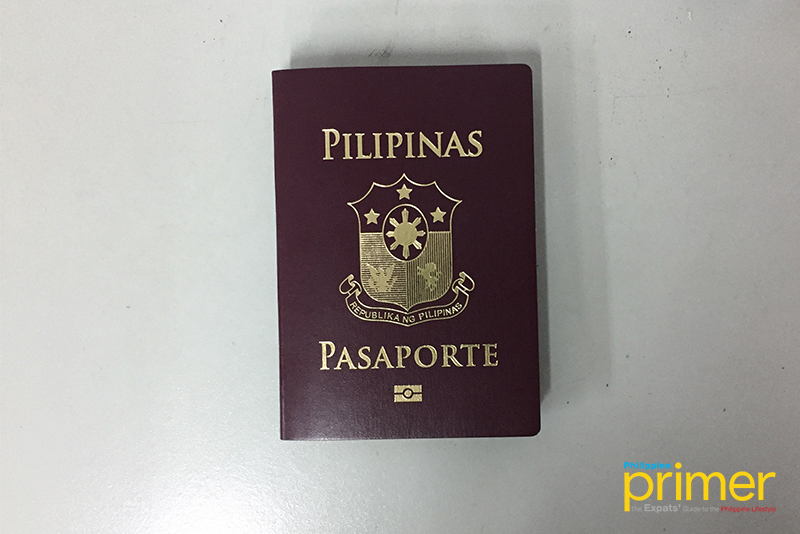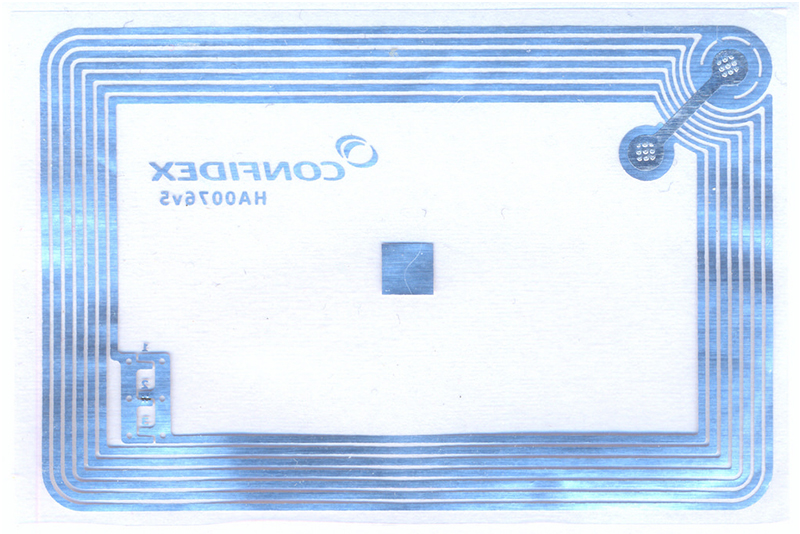RFID Rules and Regulations You Need to Know
Producers and manufacturers are familiar with the struggle of creating an inventory of their goods. It’s not uncommon for farmers to lose track of cow or sheep that strayed away from the herd. These are just some of the day-to-day problems that radio frequency identification tags, commonly known as RFID tags, help to solve.
 These tags are usually used to track animals/IMAGE Danka on Visual hunt / CC BY
These tags are usually used to track animals/IMAGE Danka on Visual hunt / CC BY
When they first came out in the 70s, RFIDs were too expensive for large-scale use. It became clear, however, that RFID tags had far too many uses, and therefore impractical if not made available at a larger scale.
RFID IN THE PHILIPPINES
The Philippines is no stranger to this piece of technology. As with the rest of the world, the country utilizes RFID tags for things such as:
- Passports
- Toll booth payment (Electronic Toll Collection or ETC tags)
- Train cards (BEEP cards)
- Microchip implants (animals)
- Access cards (School IDs, Company IDs, etc)

The new e-passport also uses RFID technology
ACQUIRING RFID TECHNOLOGY
Should business owners wish to employ RFID tags and trackers, they should keep in mind that as per Memorandum Circular No. 03-08-2006, there are certain rules and regulations regarding the use of RIFDs:
- RFIDs can only use the following frequencies: 13.553 to 13.567 MHz, 918 to 920 MHz, and 2446 to 2454 MHz
- The maximum effected radiated power for low power readers is 500mW while high power readers will be allowed up to 2W
- Only readers approved/accepted by the National Telecommunications Commission (NTC) will be allowed for use in the country
- RFID readers are subject to a one-time registration before being used. The Commission will issue an NTC registration number for proper identification
- Only accredited radio dealers/manufacturers can buy, sell, and carry legally imported RFID readers that have been approved by the commission
- Any individual or entity who wishes to use, buy, or import RFID readers may do so as long as the equipment is type approved and registered with the Commission
- Accredited radio dealers/manufacturers have to register all RFID readers to the Commission within five (5) days of its release from the Bureau of Customs
- A report of registered RFID readers will be submitted by the Regional offices to the RRLD along with a monthly regional licensing report
- There is a one-time fee for RFID readers upon registration: Php 100 for low power readers and Php 300 for high power readers
- A Permit to Import is needed for imported RFID tags. The Permit fee costs Php 100 per 1,000 units

It’s not uncommon to see these tags nowadays/IMAGE Remko van Dokkum on Visualhunt / CC BY
VIOLATION AND FINES
Failure to follow the rules and regulations will result in the following actions:
- Sale of unregistered RFID readers: Php 5,000/unit or with forfeiture of equipment
- Sale of RFID tags not covered by the Permit fee: Php 2,500 (first offense), Php 5,000 (second offense), Php 7,500 (third offense), and so on
- Illegal acquisition of RFID readers: Php 5,000/unit and/or with forfeiture of equipment
- Sale of illegally acquired RFID readers: Php 5,000/unit and/or with forfeiture of equipment
- Non-registration of imported RFID readers within 5 days of release from the Bureau of Customs: Php 1,000/unit
- Selling of RFID readers by non-NTC accredited radio dealers/manufacturers: Php 5,000/reader and Php 1,000/1,000 tags
- Operation of RFID reader without valid registration: Php 5,000/reader
RFID technology undeniably makes certain aspects of our lives easier. There are a number of sellers both on and offline to help. Just be sure the shop or person you’re transacting with is the real deal to avoid trouble.












